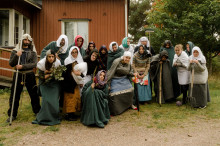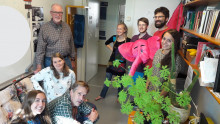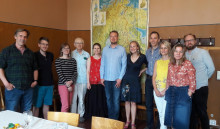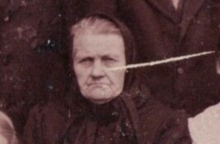
13.01.2023
The funding supports cross-disciplinary research in the University’s three profiling areas that focus on immune mediated diseases, the evolution of human diversity, and the design of sustainable materials.
The Academy of Finland has granted 12.3 million euros to the University of Turku in the Profi 7 call. The international panel of experts assessed that the University’s application was of high-quality and ranked it among the best applications. The funding is aimed at expediting the strategy-based research profiling of Finnishuniversities and at supporting the development of the quality of university research.
”The key goal in the Strategy of the University of Turku is to promote multidisciplinary research and this funding advances this goal significantly. The funding enables that our top researchers can work across faculty boundaries and our newest faculty, the Faculty of Technology, is strongly featured in this funding round," says Vice Rector Kalle-Antti Suominen.
The granted funding supports the following three profiling areas at the University of Turku during the funding term 2023–2028. These chosen profiling areas strengthen the strategic research and education profiles defined in the University’s strategy.
- Capitalising Immunity to Combat Disease (IMMUNOCAP) focuses on the immune system from basic mechanisms to innovative solutions in preventing, diagnosing, and treating immune-mediated diseases. IMMUNOCAP connects to the strategic research and education profile of “Health, diagnostics and drug development” and it is also linked to the InFLAMES flagship. The director is Professor Riitta Lahesmaa.
- Evolution through Contact and Communication Networks (Human Diversity) will identify the short- and long-term impacts of human contact networks on ancient and modern cultures, genes, disease loads and evolutionary fitness of people. Human Diversity connects to the strategic profile of ”Cultural memory and social change”. The director is Professor Virpi Lummaa.
- Sustainable Materials and Manufacturing (SUSMAT) enhances the design of sustainable materials and manufacturing with data-driven approach to solve global energy, health, and well-being, and industrial production challenges. SUSMAT connects to the strategic profile of “Future technologies and digital society”. The director is Associate Professor Pekka Peljo.
The Academy of Finland granted a total of 100M euros to the Finnish universities in the seventh Profi funding round. The total amount applied for by the universities was 175M euros.










